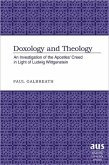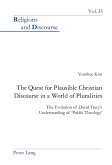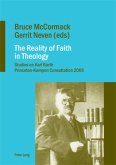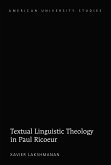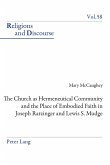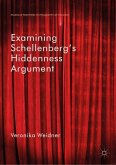This book, which developed from an understanding of the dialectical relationship between theology and the church, provides information about the function and domain of language in the church through an analysis of its creedal statements. The study begins with an historical investigation of the crisis in linguistic interpretation in the church and theological community. Subsequently, a philosophical framework is presented through an investigation of particularly significant aspects of Ludwig Wittgenstein's later writings. Following a discussion of the alternative readings of Wittgenstein by theologians, examples are presented for ways in which we can apply Wittgenstein's linguistic approach to the interpretation of creeds. After distinguishing optional approaches to the creeds, the book presents an understanding of creedal statements in light of Wittgenstein. Reclaiming the functional nature of doxological language within its liturgical context provides a central connection between the language of the church and the actions of its members.
Hinweis: Dieser Artikel kann nur an eine deutsche Lieferadresse ausgeliefert werden.
Hinweis: Dieser Artikel kann nur an eine deutsche Lieferadresse ausgeliefert werden.
«In this groundbreaking work, Paul Galbreath offers theologians and liturgical theologians a great opportunity to engage with one of the most important philosophers of the twentieth century, Ludwig Wittgenstein. When Galbreath started this work in Germany years ago, he was one of the few lonely voices working to broaden the liturgical and theological resources by developing a very important conversation between theological and liturgical scholars and critical philosophical thinkers. This book can help us, in a very sophisticated way, to greatly expand the dialogue between philosophy, Christian language, faith, and everyday practices.» (Cláudio Carvalhaes, Louisville Presbyterian Theological Seminary)


